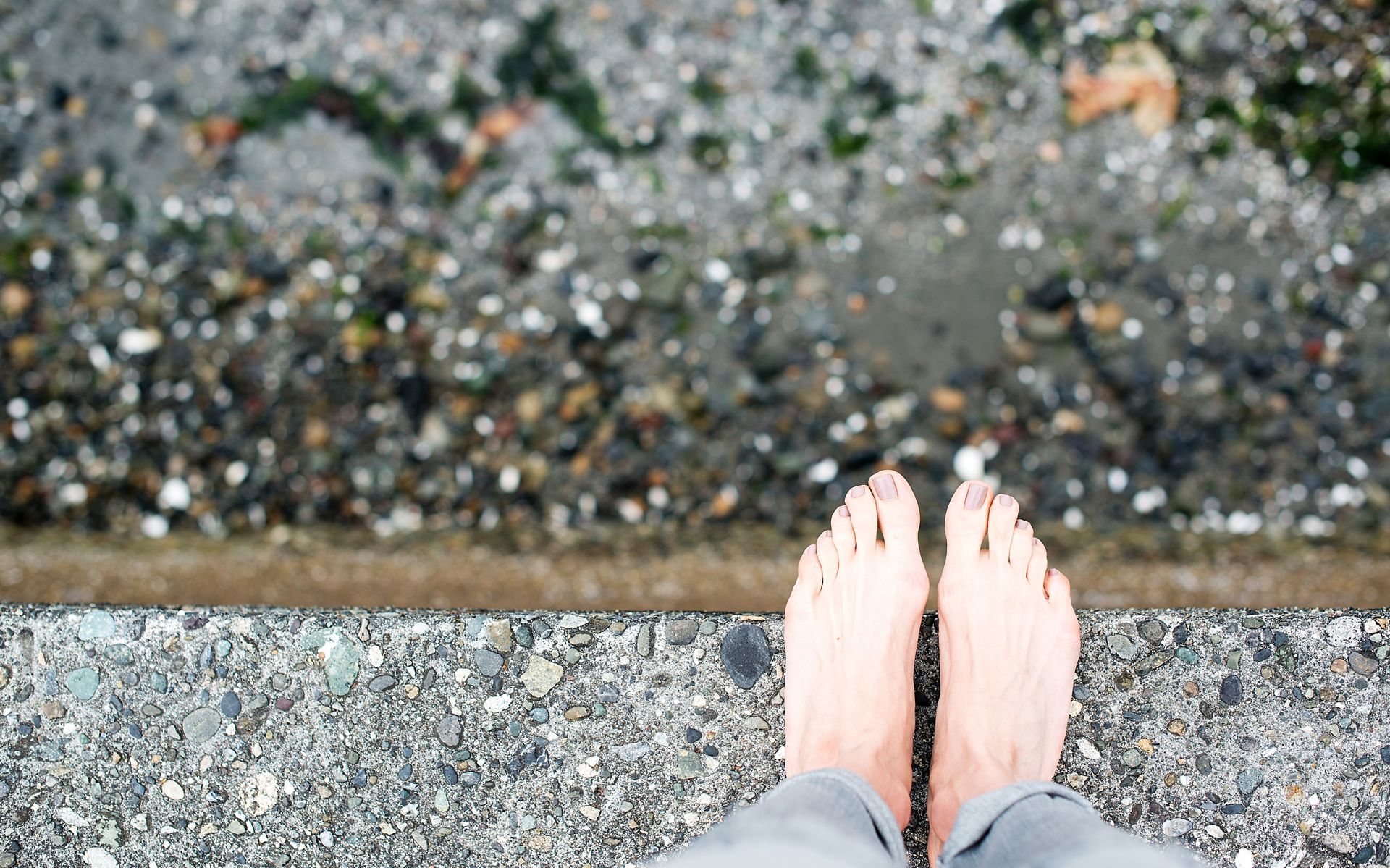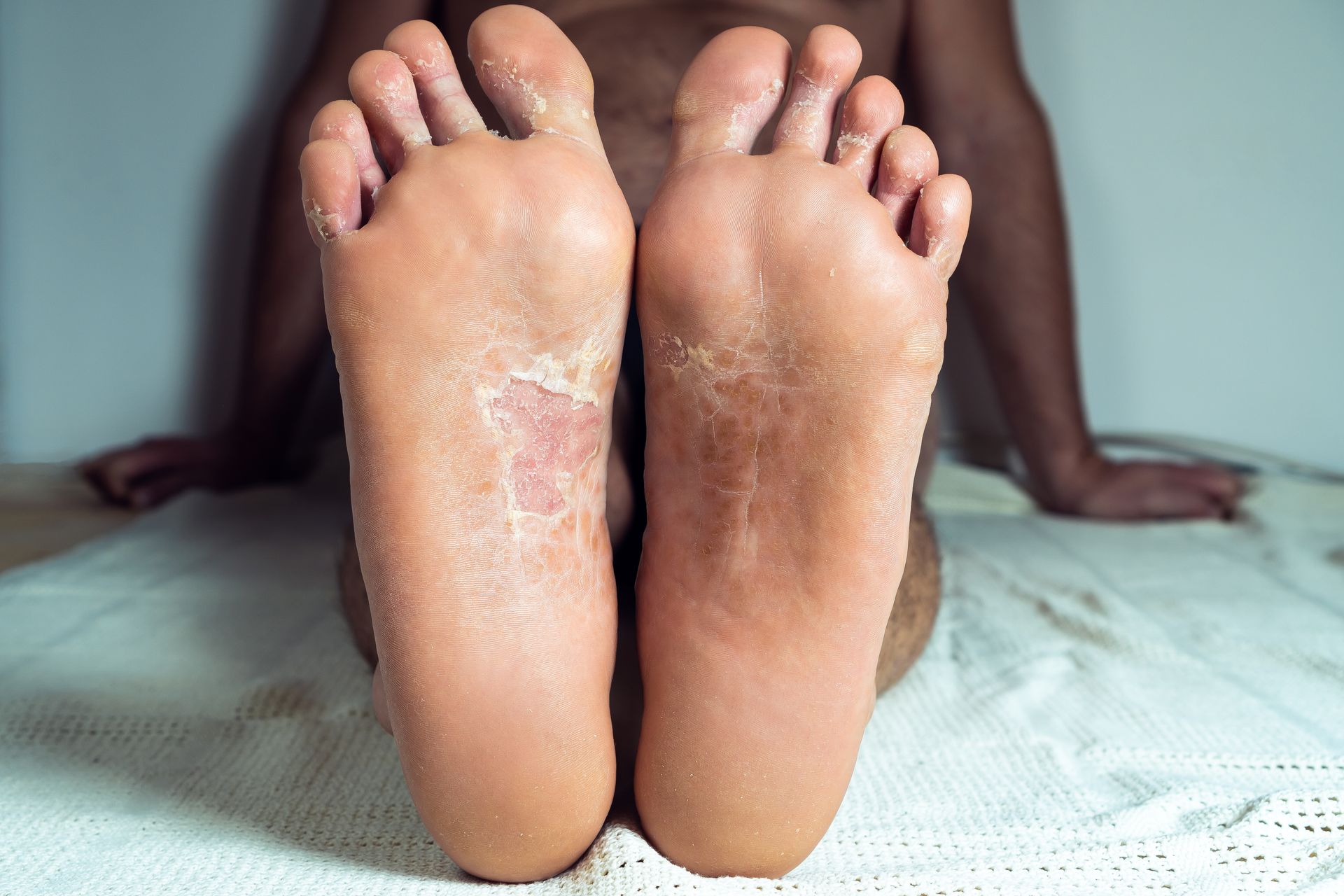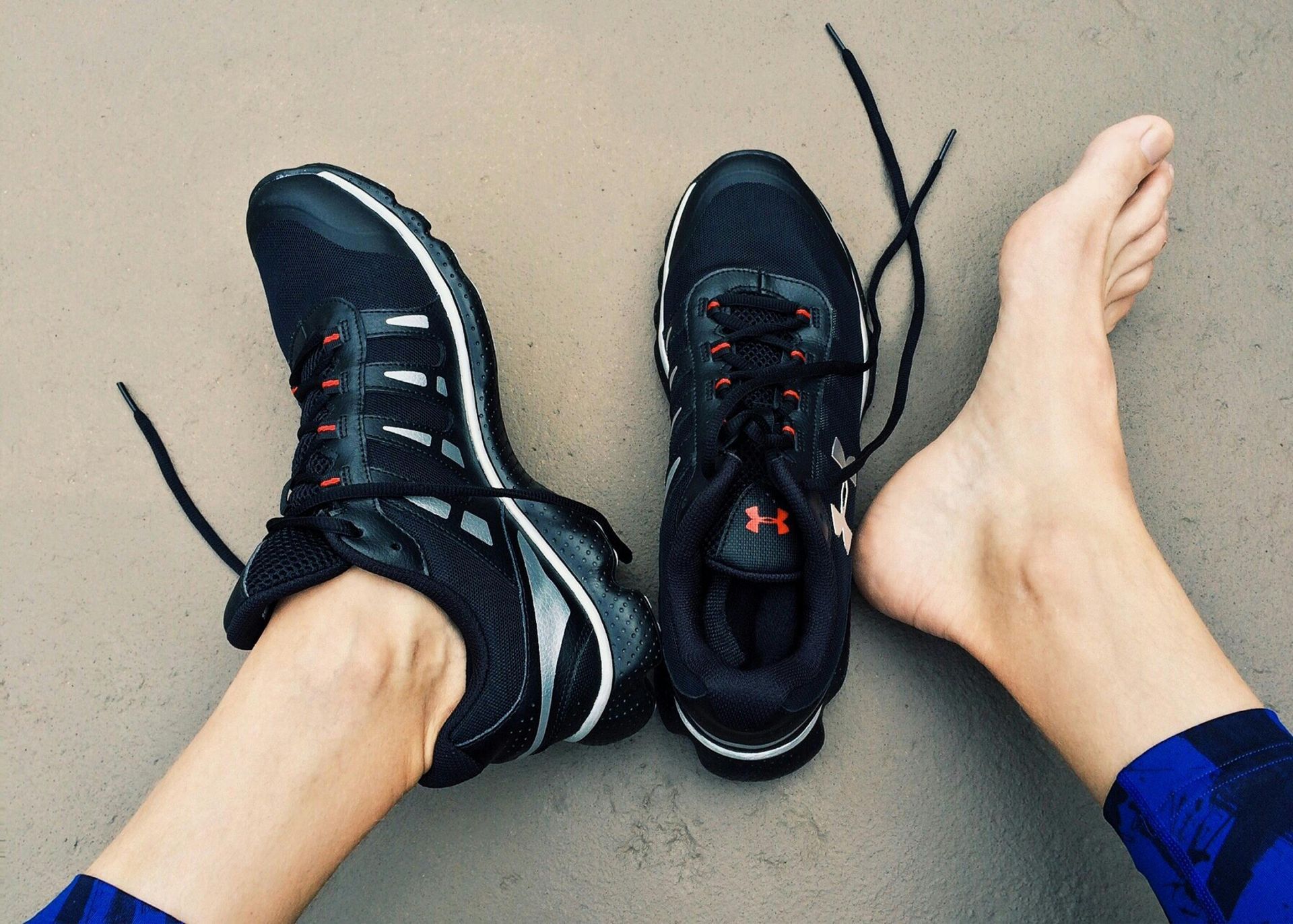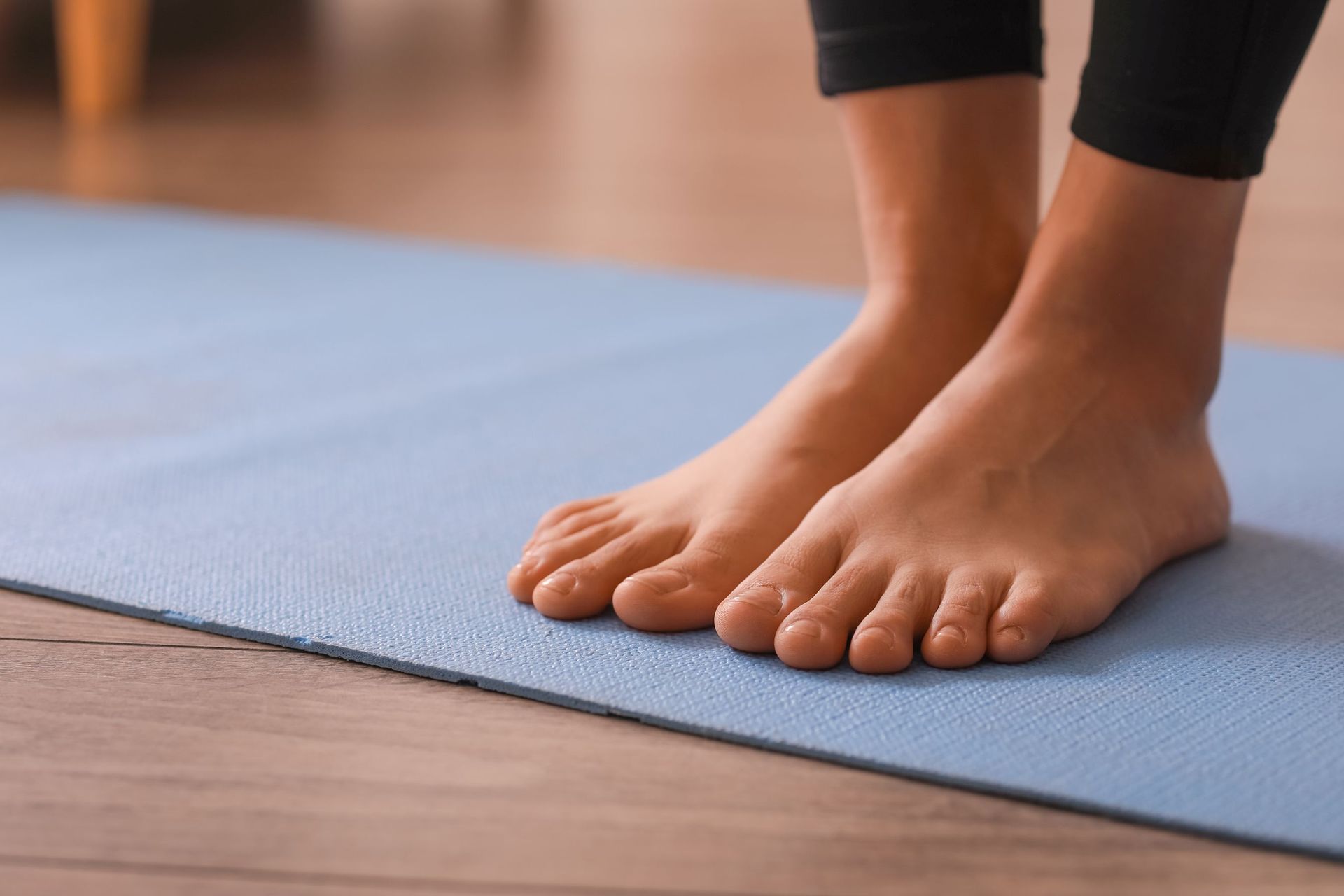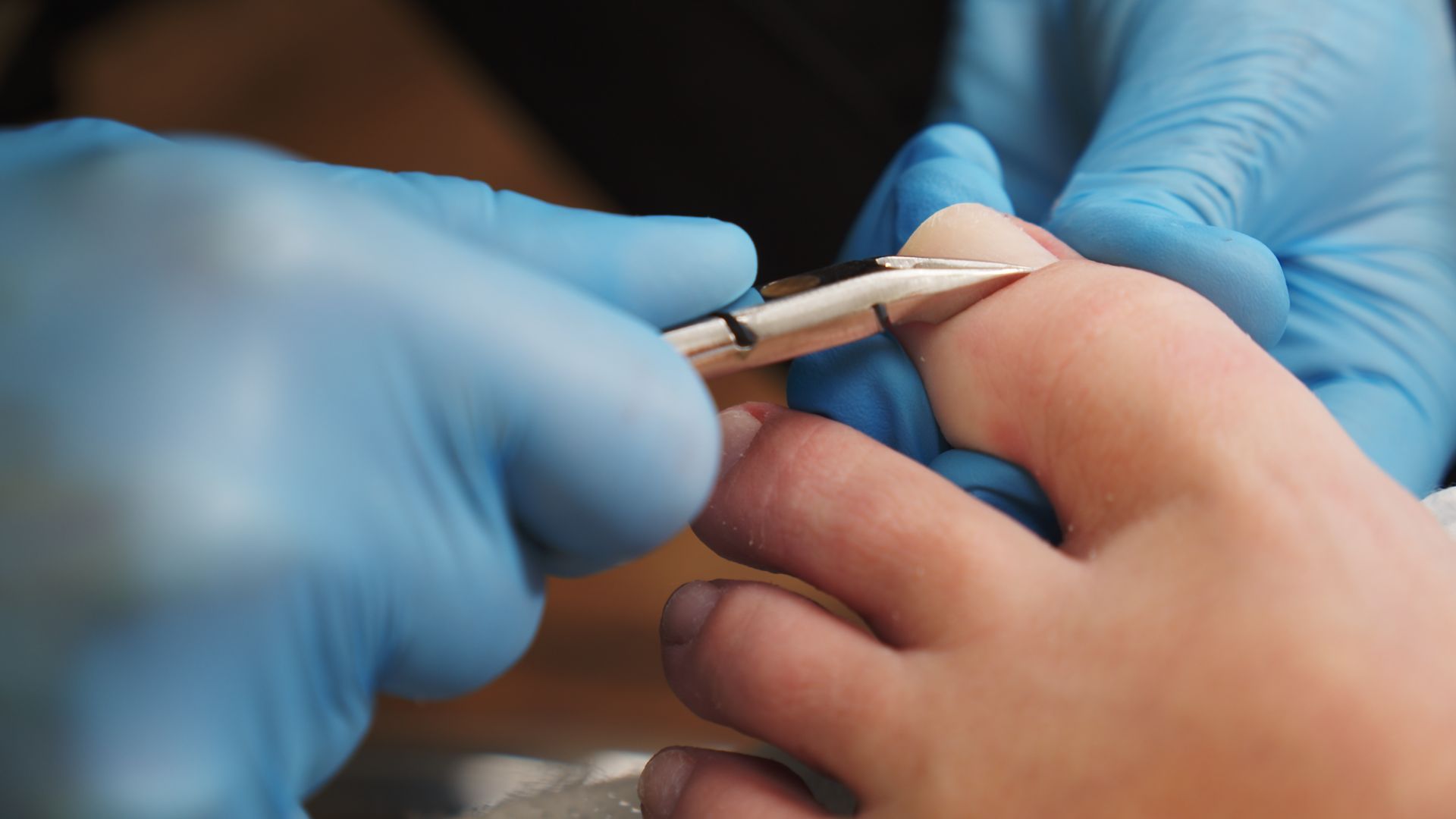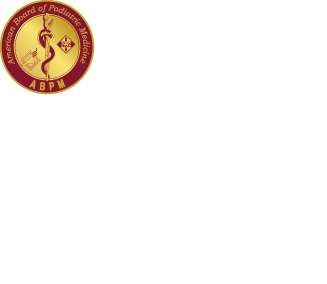The Importance of Diabetic Foot Care
Diabetes is a chronic condition that affects how the body processes blood sugar, and while its most commonly discussed complications involve the heart, kidneys, and eyes, foot problems are also a serious and often overlooked concern. Proper diabetic foot care is essential because diabetes can significantly impair circulation and nerve function, leading to complications that, if ignored, may result in infections, ulcers, or even amputations.
Why Are Diabetics at Risk?
People with diabetes are at a higher risk for foot problems due to two primary complications: neuropathy and poor circulation.
Peripheral neuropathy, a common complication of diabetes, causes nerve damage in the feet and legs. This leads to numbness, tingling, or a complete loss of sensation. When a person can't feel pain, they may not notice minor cuts, blisters, or pressure points that can quickly escalate into serious wounds.
Poor circulation makes it harder for the body to deliver enough blood to the extremities. Without good blood flow, even minor injuries can take longer to heal and are more susceptible to infection.
Combined, these factors can turn small foot issues into major medical emergencies.
Common Diabetic Foot Problems
Some of the most frequent foot issues in diabetics include:
- Foot ulcers: Open sores or wounds, often on the bottom of the foot, that are slow to heal.
- Infections: Even small cuts can become infected and spread quickly in a diabetic foot.
- Corns and calluses: These can develop into ulcers if not properly managed.
- Fungal infections: Toenail fungus and athlete’s foot are common and can lead to more serious issues.
- Charcot foot: A serious condition where the bones in the foot weaken and collapse due to nerve damage.
The Role of Daily Foot Care
Preventing these complications requires a consistent and proactive approach to foot care. Here are essential practices for diabetics:
- Daily Inspection: Check feet every day for blisters, cuts, redness, swelling, or any signs of infection. Use a mirror or ask for help if necessary.
- Keep Feet Clean and Dry: Wash feet daily with warm water and mild soap. Dry thoroughly, especially between the toes, to prevent fungal infections.
- Moisturize, but Not Between Toes: Apply lotion to prevent dry, cracked skin, but avoid putting it between the toes where moisture can cause fungal growth.
- Trim Toenails Carefully: Trim straight across and file the edges. Avoid cutting too short or digging into corners to prevent ingrown toenails.
- Wear Proper Footwear: Shoes should fit well, have adequate support, and not cause pressure points. Avoid walking barefoot, even at home.
- Avoid Heat and Cold: Diabetic feet are sensitive, so avoid hot water bottles, electric blankets, or walking on hot surfaces.
- Manage Blood Sugar: Good glucose control helps reduce the risk of nerve damage and improves wound healing.
When to See a Doctor
It’s crucial to consult a healthcare provider immediately if you notice:
- An open sore or wound
- Redness or swelling
- Pus or foul-smelling drainage
- Black tissue (a sign of gangrene)
- Fever along with foot symptoms
Even seemingly minor issues can become serious quickly in a person with diabetes, so early intervention is key.
Call Cure Podiatry & Wound Care for your Diabetic Foot Care Needs
Diabetic foot care isn’t just about comfort. It’s also about prevention and protection. With careful daily habits, proper footwear, and routine medical checkups, many serious complications can be avoided. For individuals with diabetes, taking a few minutes each day to care for their feet can make a life-changing difference. After all, healthy feet are vital to independence, mobility, and overall well-being. Seeing a wound care specialist early can prevent complications. Our professionals can guide you toward the safest, most effective treatment options for long-term healing and better health.
Cure Podiatry & Wound Care provides quality podiatric care in a family-friendly setting. We pride ourselves in not only diagnosing and treating your wound, but also educating our patients. Dr. Mahzoon, an ABPM Board Certified Podiatrist with extensive experience in wound care provides excellent foot and ankle care. We will work closely with your primary care doctor and other specialists to formulate the best course of treatment. If you are in need of diabetic foot care, contact us to schedule an appointment. We have locations in Royston and Athens.
Cure Podiatry & Wound Care
1135 Prince Ave
Athens, GA 30606
706-405-7773

